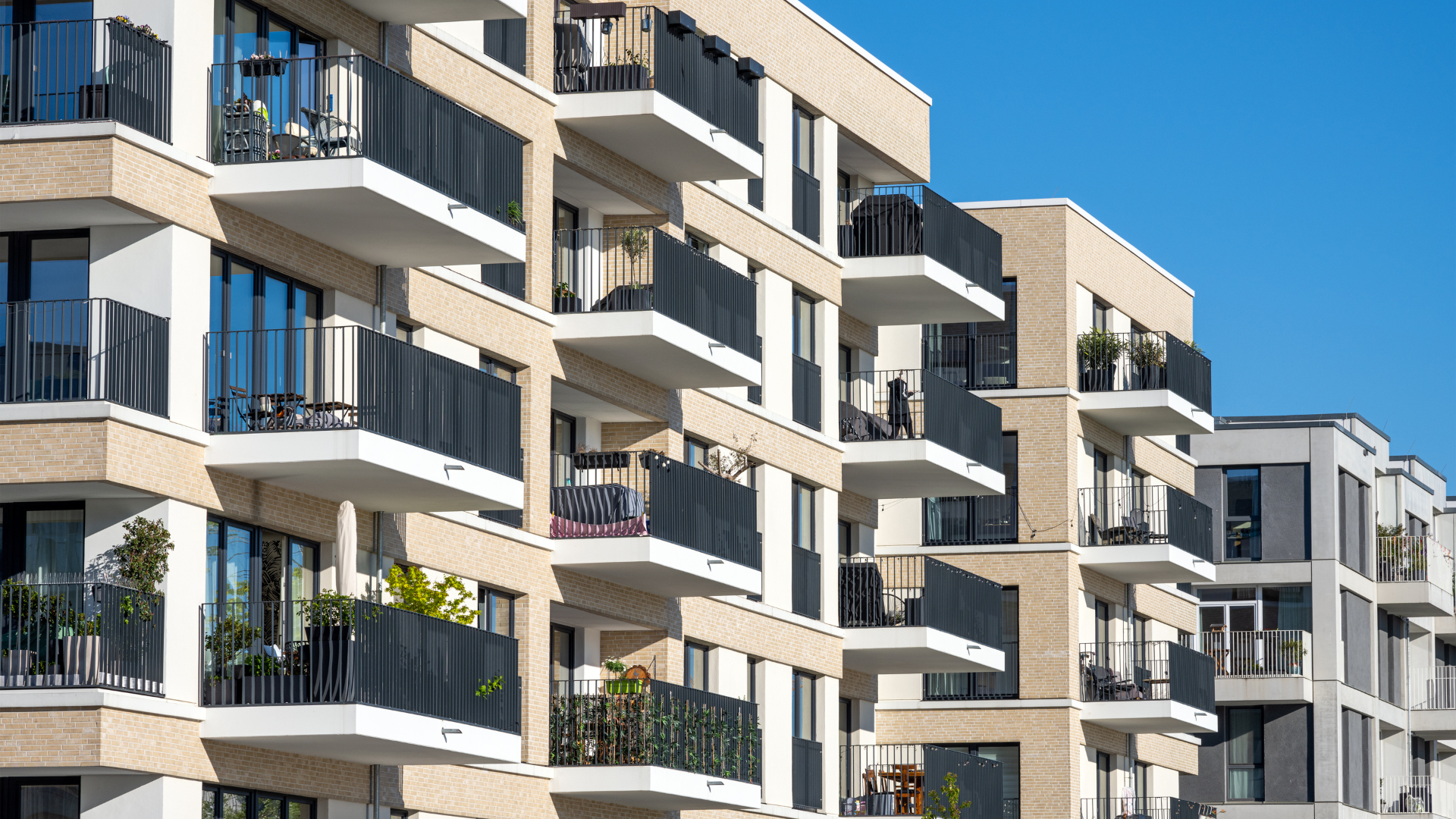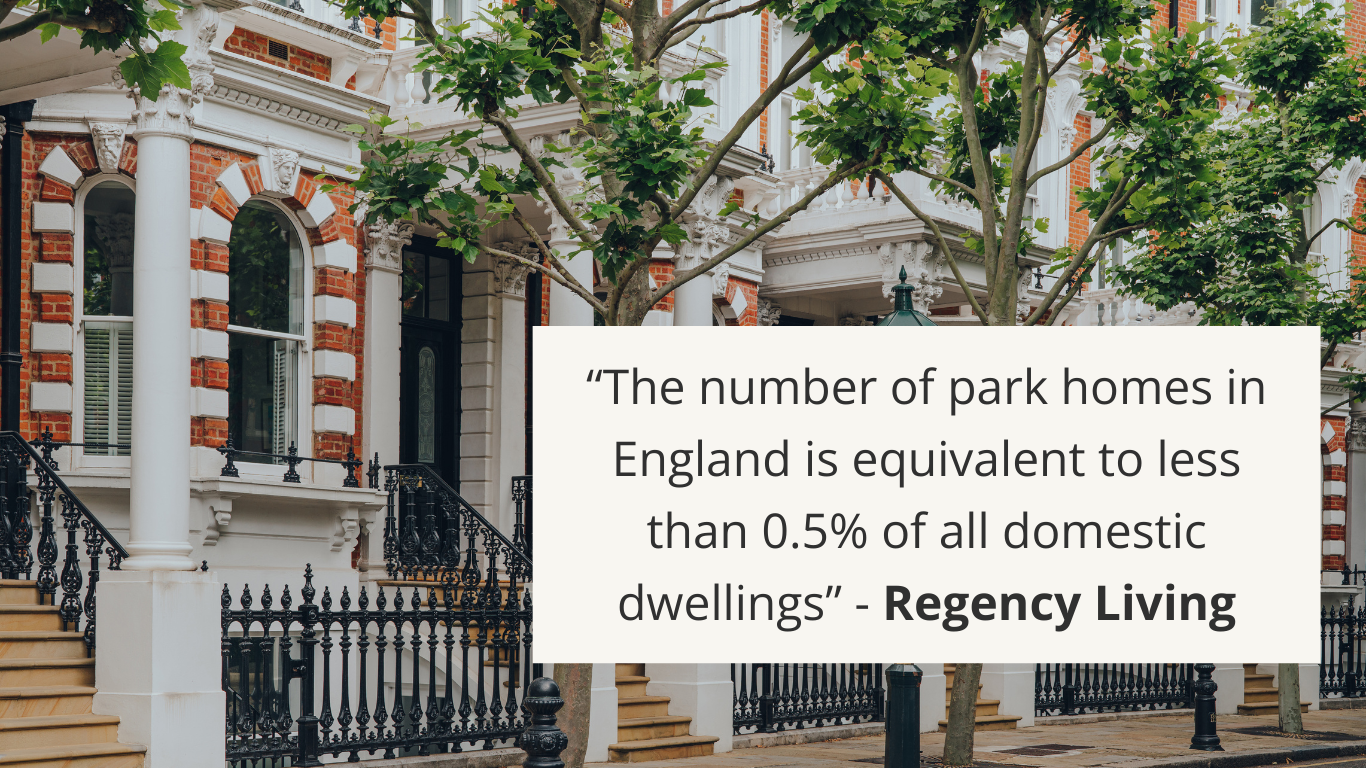

Although Theresa May would prefer to be remembered for having tackled society’s ‘burning injustices’, the reality is a far cry from this. Rather, the toxic legacy of her hostile environment policy which fuelled and incentivised discrimination of the BAME (black, Asian & minority ethnic) community has become a definitive feature of her reign. Despite its abolition, the policy lived up to its name and the environment it fostered continues to isolate and discriminate against thousands across the country. The Brexit fiasco has done little to offer any security for the community either as a steady rise in racially motivated hate crime, amongst other issues, continues to echo the hostile environment’s anti-immigration rhetoric which lives on despite its abolition.
The infamous Windrush scandal in 2018 led to the Hostile Environment Policy being scrapped after its attempts to drive out ‘illegal’ immigrants, by making their stay in the UK as unpleasant as humanly possible, failed thousands of BAME and migrant individuals as well as asylum-seekers. Additionally, a surge in racial profiling and discrimination began in areas such as the housing industry and health care and trickled its way down into wider society, fuelling a rise in hate crime, anti-migrant and anti-immigration rhetoric. However, despite such failures, prejudice against minorities is still rife in nearly all areas and institutions of the UK.
This May, Tendayi Achiume a special rapporteur for the UN visited the UK to assess the efforts of the government to eradicate racism, xenophobia, racial discrimination and other forms of intolerance. In response to her visit, the UN published a report detailing her findings which stressed that nationwide, ethnic minorities have ‘poorer’ outcomes in many areas of life’ and that austerity, Brexit and government policy all played a role in subjecting the BAME community to disadvantage and mistreatment.
Statistics supplied by the UK government show that 28% of children in Asian households and 26% of children in black households live in ‘persistent low income’ compared to 9% of children in White households. The Race Disparity Audit conducted by the Government in 2016, discovered that children from Pakistani, black or Bangladeshi backgrounds were more likely than their white counterparts to live in inadequate accommodation. 24.2% of black households and 28.6% of Pakistani and Bangladeshi households lived in accommodation that was considered as ‘sub-standard’ whereas 18.6% of White households lived in inadequate accommodation during the same period.
The UN’s report gives prominence to issues in the education sector for BAME children too, recounting that ‘racially motivated bullying’ is an extensive issue and that many teachers are failing to openly condemn and punish such behaviour. Data has shown that a ‘record number’ of children are being excluded from school over racially motivated incidents too, rising from 4,085 to 4,590 cases between 2016 and 2017. Disturbing findings from Childline have highlighted the issue further, discovering that children as young as nine years old are seeking help due to racially, or religiously, motivated bullying. The UN report has also discovered that Afro-Caribbean students are three times more likely to be excluded from school compared to White British students. These findings emphasize the rapporteur’s opinion that education for minority children is ‘analogously grim’ and that such issues will continue to have a ‘significant impact on educational outcomes’.
BAME women are no strangers to intolerance and prejudice and recently, concerns voiced by the Women’s Budget Group (WBG) have stressed that Brexit may impact them disproportionately more than other groups. Their report discussed how austerity measures have already slashed funding to local authorities whilst reducing the number of grants to commission various services. Ultimately, this has impacted services that support women up and down the country, particularly voluntary and community organisations. At present, the projected deficit caused by Brexit is around £20 to £40 billion which will unquestionably have dismal consequences on women’s services nationwide. In the event of a no-deal Brexit, women’s rights such as safe work-places, maternity leave and equal pay will not be guaranteed either. Research by the Resolution Foundation found that BAME staff are already losing out on around £3.2 billion in wages per year compared to their White colleagues. Additionally, a survey conducted by Racism Ruins Lives, based on the responses of 5,000 BAME respondents, discovered that 65% of all participants experienced some form of racial abuse in their workplace during the past five years. These figures serve as a painful reminder for BAME women that cuts to their services, as well as the precarious future of their rights in the wake of Brexit, will continue to put their lives and their futures at risk.
In her report, Tendayi Achiume also documented the harrowing experiences of pregnant asylum-seekers and refugee women from around the country. Many feared to visit UK hospitals during their pregnancy and/or birth due to concerns that Home Office officials would deport them and their families. Campaigners for women’s rights the Southall Black Sisters and Liberty, recently discovered that almost all police forces in the country had reported female migrant and refugee victims of abuse to the Home Office for immigration enforcement. The campaigners argue that reporting vulnerable individuals to the authorities after already enduring abuse will deter future victims from coming forward. Considering that BAME and migrant victims are less likely to report abuse, with the BAME community, in particular, being one and a half times less likely to seek help due to fears that their UK Marriage Visas will be revoked, these findings emphasise an already alarming and toxic environment for BAME women that jeopardises their rights and insults their struggles.
Despite the government conducting the Race Disparity Audit in 2016, its findings, although extremely concerning, have done little to encourage or implement change. The BAME community remain vulnerable and at risk of further persecution and hostility without adequate protections. The research, findings and statistics are widely available and recognised. Now, the government needs to act and liaise with all institutions and authorities to safeguard individuals and ensure that their treatment and opportunities are pledged and defended from future policy.
This article was written by Bethany Morris, a commentator for the UK’s Immigration Advice Service, a team of UK immigration lawyers that offers free advice to asylum-seekers, victims of abuse and trafficking victims. | @IASImmigration.










Comment